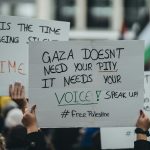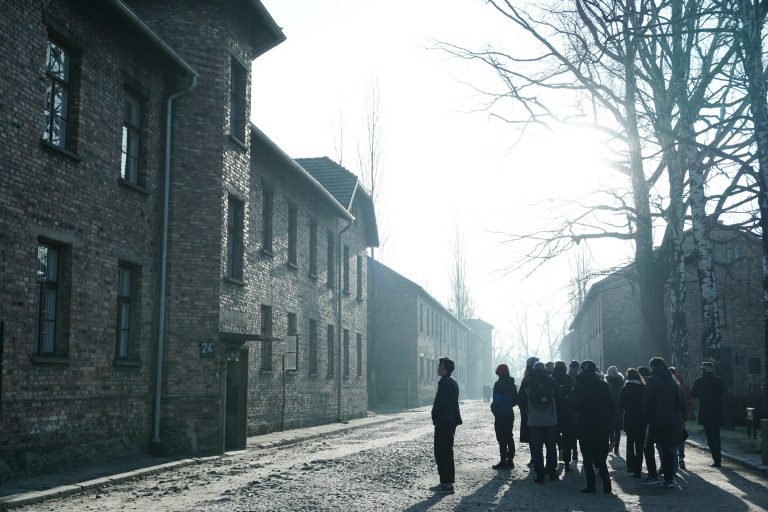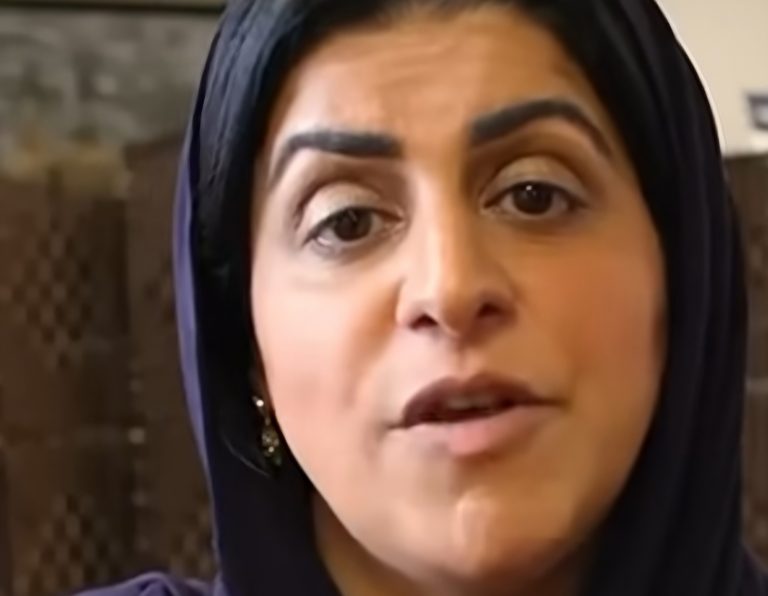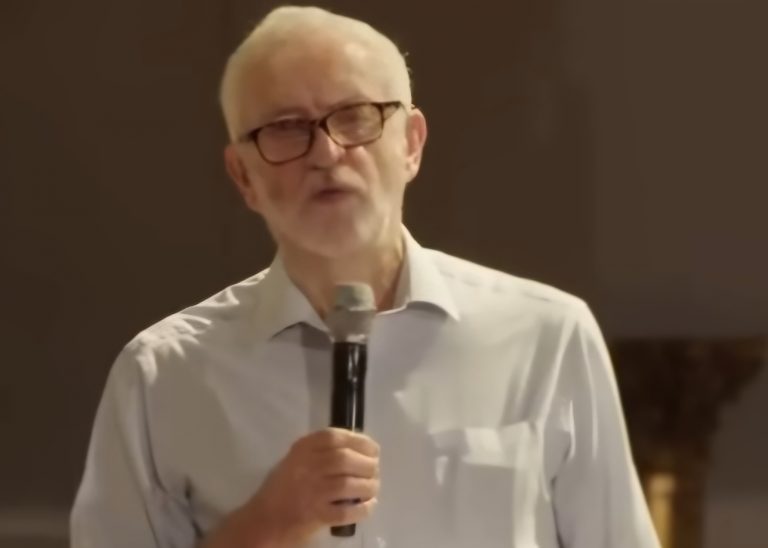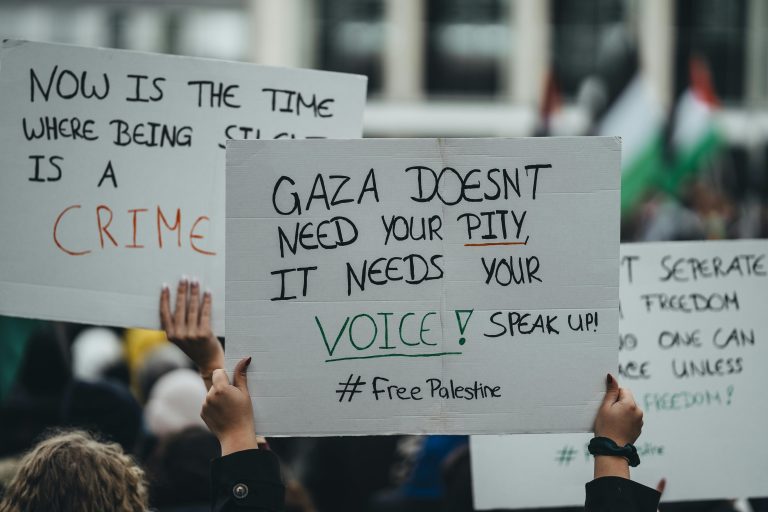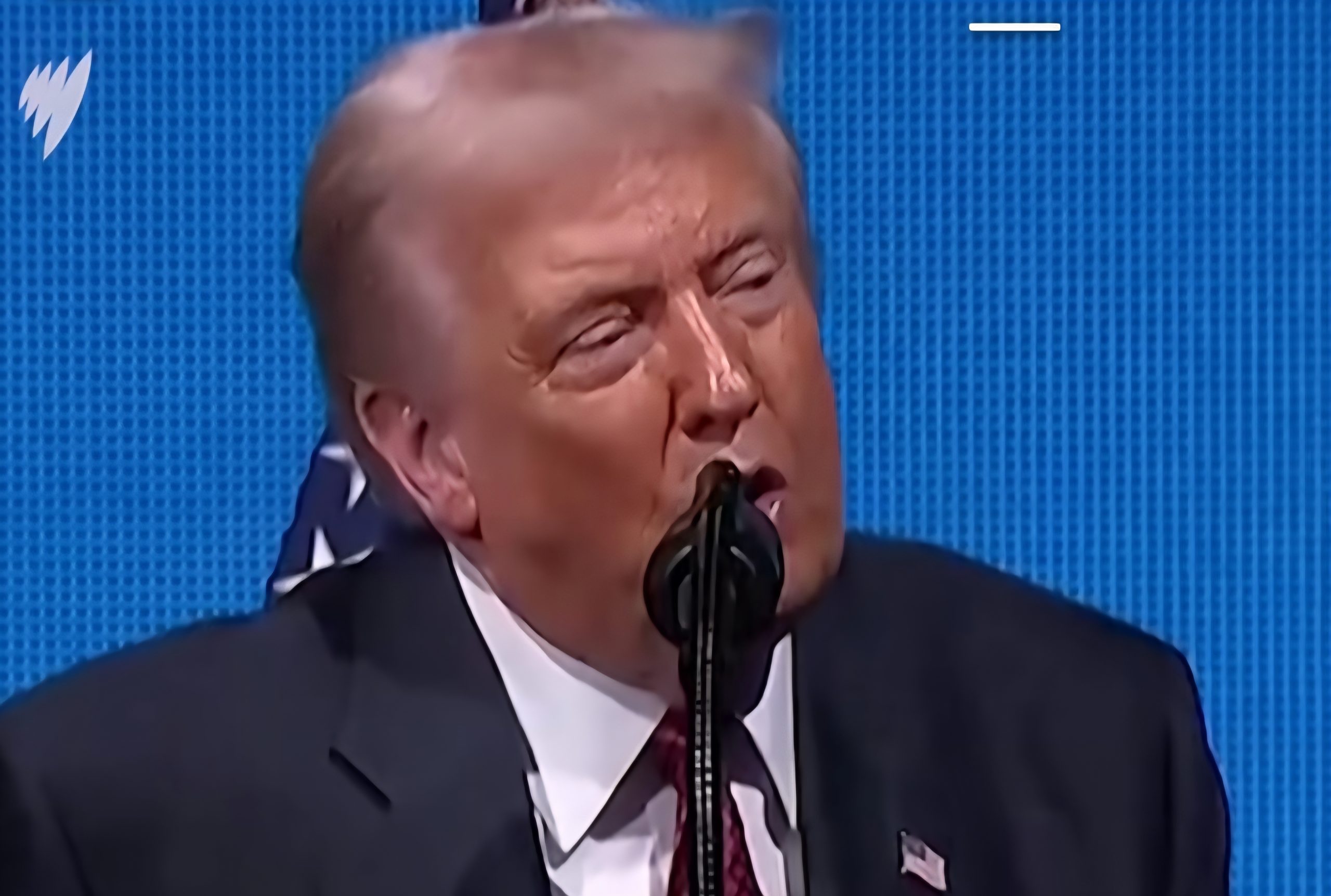
The BBC has finally responded to allegations that footage claiming Trump incited the Capitol storming is untrue. BBC executives have said they take systemic bias at the BBC seriously. Lisa Nandy’s comments to the BBC’s Sunday with Laura Kuenssberg programme came after reports a Panorama documentary misled viewers by editing a speech by US President Donald Trump. Nandy stated that one of the systemic biases, and the most serious, is “systemic bias in the way difficult issues are covered at the BBC.”
What is systemic bias? Is it making definitive decisions about certain issues and individuals and then directing your broadcasts accordingly? Does this bias originate within the BBC, or is it related to broadcasts initiated against it?
The fact that footage related to Trump is cut out of the news and not broadcasting all speeches puts the BBC in a difficult position, while systemic biases within the institution are also reported to influence its reporting. For example, there are allegations that the BBC consistently broadcasts anti-Israel news during the Hamas-Israel war.
At the end of the day, BBC employees are human, and they have feelings. It’s natural for these feelings to spill over into their broadcasts. However, it’s beneficial to balance this and include those with differing views in the production of a program. So, if Trump opponents start producing a program, they naturally start to make everything they perceive as unfavorable to Trump a central element of the program.
We might say there’s no systemic bias against the BBC, but you constantly prioritize a certain segment in your broadcasts. And if you start criticizing him, there’s no way he’d be considered otherwise.
We still haven’t learned the answer to this question from the BBC boss’s statements: Was Trump’s speech cut, or were some excerpts removed to portray Trump as particularly provocative?

